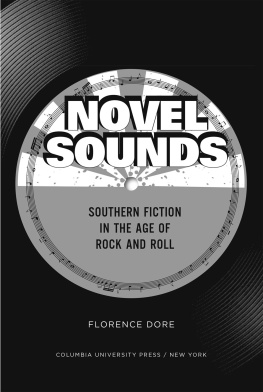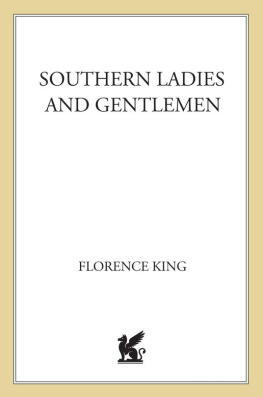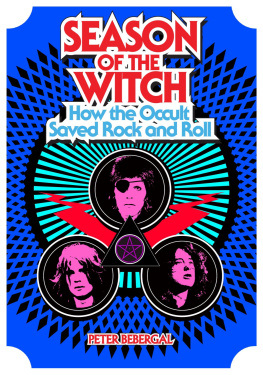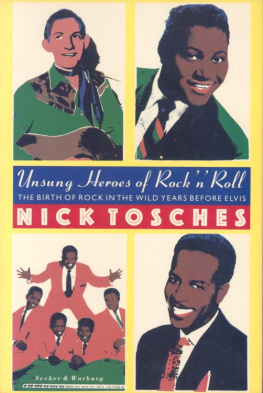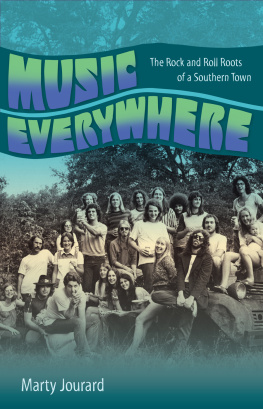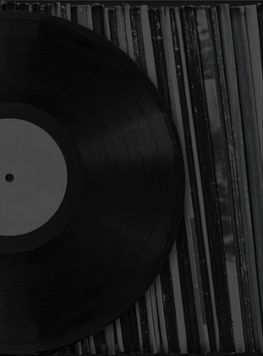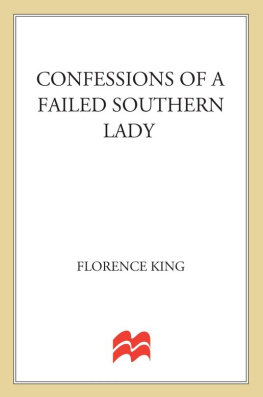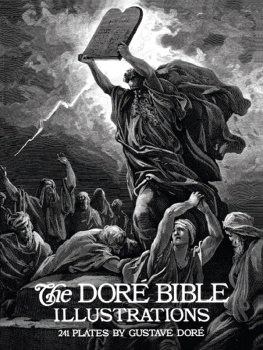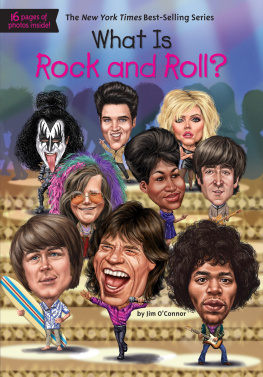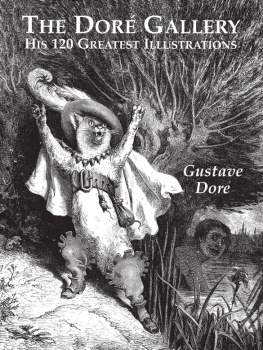Florence Dore - Novel Sounds: Southern Fiction in the Age of Rock and Roll
Here you can read online Florence Dore - Novel Sounds: Southern Fiction in the Age of Rock and Roll full text of the book (entire story) in english for free. Download pdf and epub, get meaning, cover and reviews about this ebook. year: 2018, publisher: Columbia University Press, genre: Art. Description of the work, (preface) as well as reviews are available. Best literature library LitArk.com created for fans of good reading and offers a wide selection of genres:
Romance novel
Science fiction
Adventure
Detective
Science
History
Home and family
Prose
Art
Politics
Computer
Non-fiction
Religion
Business
Children
Humor
Choose a favorite category and find really read worthwhile books. Enjoy immersion in the world of imagination, feel the emotions of the characters or learn something new for yourself, make an fascinating discovery.
- Book:Novel Sounds: Southern Fiction in the Age of Rock and Roll
- Author:
- Publisher:Columbia University Press
- Genre:
- Year:2018
- Rating:3 / 5
- Favourites:Add to favourites
- Your mark:
- 60
- 1
- 2
- 3
- 4
- 5
Novel Sounds: Southern Fiction in the Age of Rock and Roll: summary, description and annotation
We offer to read an annotation, description, summary or preface (depends on what the author of the book "Novel Sounds: Southern Fiction in the Age of Rock and Roll" wrote himself). If you haven't found the necessary information about the book — write in the comments, we will try to find it.
Florence Dore: author's other books
Who wrote Novel Sounds: Southern Fiction in the Age of Rock and Roll? Find out the surname, the name of the author of the book and a list of all author's works by series.
Novel Sounds: Southern Fiction in the Age of Rock and Roll — read online for free the complete book (whole text) full work
Below is the text of the book, divided by pages. System saving the place of the last page read, allows you to conveniently read the book "Novel Sounds: Southern Fiction in the Age of Rock and Roll" online for free, without having to search again every time where you left off. Put a bookmark, and you can go to the page where you finished reading at any time.
Font size:
Interval:
Bookmark:

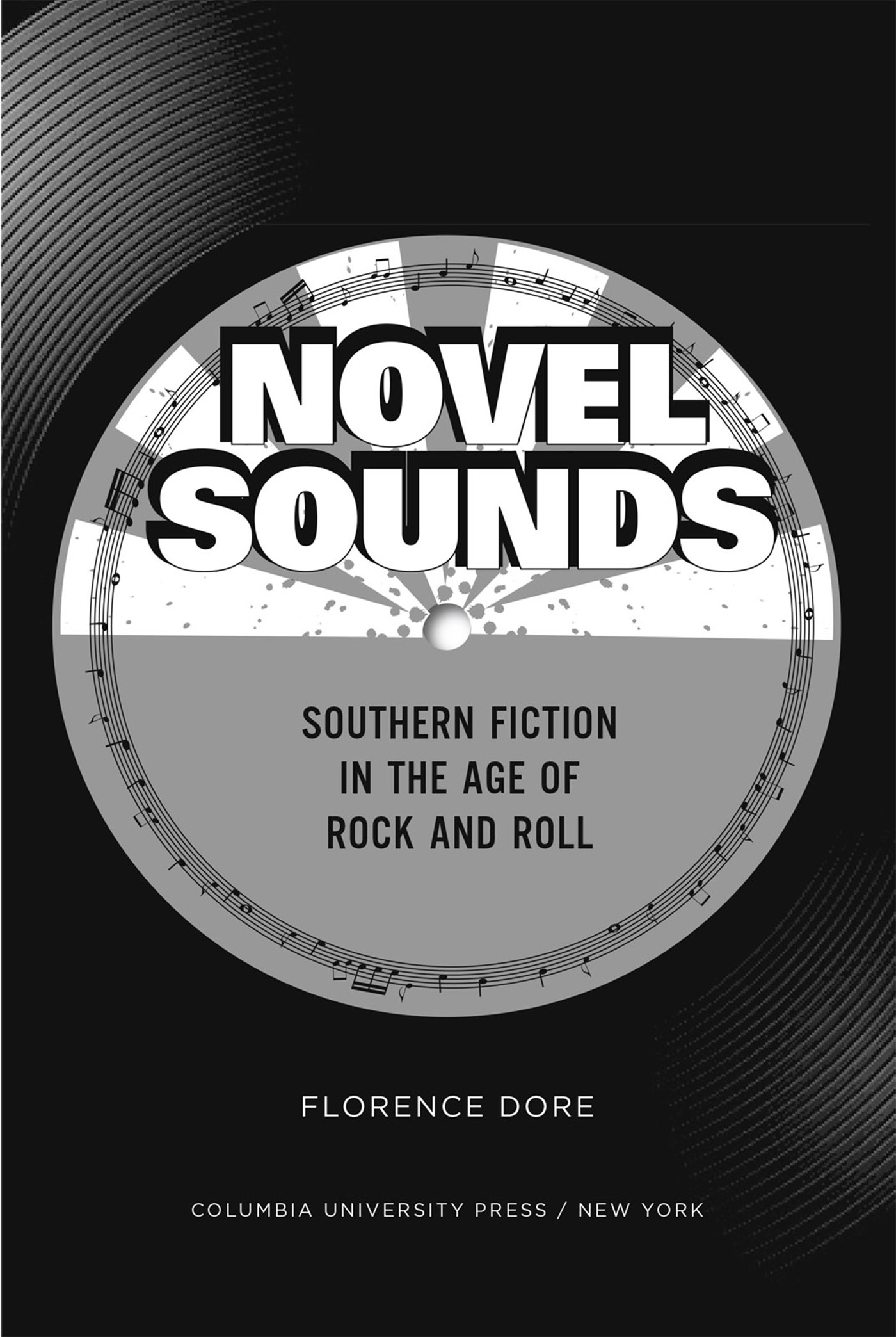

Columbia University Press
Publishers Since 1893
New York Chichester, West Sussex
cup.columbia.edu
Copyright 2018 Columbia University Press
All rights reserved
E-ISBN 978-0-231-54605-8
Library of Congress Cataloging-in-Publication Data
Names: Dore, Florence, author.
A Columbia University Press E-book.
CUP would be pleased to hear about your reading experience with this e-book at .
ISBN 978-0-231-18523-3 (pbk. : acid-free paper)

Cover design: Will Rigby and the National Humanities Center
FOR GEORGIA
I t would be reasonable to think that Novel Sounds was an inevitable project, that of course I would end up writing a book about the genealogy of rock and roll and literature. After all, the forms of expression developing along these intertwining lines of descent drew me in early on. Growing up the offspring of a Vanderbilt philosophy professor was, for me, a suitable launch for learning how to play songs by Libba Cotten and Memphis Minnie on the guitar. The university setting in Nashvilles West End seemed an entirely fitting space from which to travel east down Broadway to hear Johnny Cash play. While earning my English degrees, I spent about as much time in rock clubs as I did in classrooms, close-reading records as attentively as I listened to books. For many years, I expended as much energy composing rock songs as I did writing about literature, and my life in higher education has been, quite as fully, a life in rock music. When I was finishing up the PhD, I took a band to my hometown to play for an independent label; during the years I held a postdoctoral fellowship at NYU, I made a record. While coming up for tenure, I got signed, played a string of dates opening for the Yayhoos, and did showcases at South by Southwest and the Exit/In. Once, over a long weekend between Thursday and Tuesday lectures for an American literature course I was teaching at Kent State, I found myself in the opening bar band for the Blue Highways Festival in Utrecht, playing in a jet-lagged fog for an encouraging crowd that included Chip Taylor, who wrote Wild Thing. Underwhelming December royalties statements indicate that my song Christmas, which I wrote when I was twenty, can be heard by holiday travelers flying on Continental Airlines. In retrospect, Novel Sounds does seem an obvious culmination of the life that shaped this work. But this book was never a foregone conclusion. And the joy of having found my way to writing it is matched by profound gratitude to those who, in various ways, helped me piece things together.
For those who came to rock, then, I salute you.
Starting with Post45. Neither this book nor my intellectual life as I know it would exist without this group. I will not try to capture the magic that takes place at Post45 conferences; I will just note here that those two intense days each year have sustained and inspired me for the decade I have been lucky enough to participate. For helping me excavate from early drafts inchoate ideas that later became this book, warm and eternal thanks go to Deak Nabers, J. D. Connor, and Sean McCann in particular. Other members of the Steering Committee, including Merve Emre, Mary Esteve, Loren Glass, Amy Hungerford, Kate Marshall, Deborah Nelson, Anthony Reed, and Michael Szalay, have helped this project along as well, and thanks are owed to each. So many wonderful scholars who came to the yearly meetings improved Novel Sounds, including Amanda Anderson, Adrienne Brown, Mark Goble, Richard Godden, Martin Harries, Oren Izenberg, Virginia Jackson, Joseph Jeon, Brian Kane, Mark Katz, Mark McGurl, Karl Hagstrom Miller, Sianne Ngai, Margaret Ronda, and Lytle Shaw. I am grateful to each of these fine thinkers for adding their energies to the exchange.
Elizabeth Mansfield and Robert Newman gave me the extraordinary opportunity to watch my book come to life in two public conferences at the National Humanities Center over the academic year 20162017, and I am deeply grateful to both for nurturing and supporting this work. The conversations that emerged enriched and improved what the book became, and I thank the participants here for their contributions, in particular Roddy Doyle, Steve Earle, Peter Guralnick, Todd Harvey, Jonathan Lethem, Greil Marcus, and Richard Thompson. Special thanks to James Revel Carr for managing to get a room full of conference atendees to sing. For generous support of these programs, I also wish to acknowledge the Carolina Performing Arts, as well as the following entities at the University of North Carolina, Chapel Hill: the Department of English and Comparative Literature, College of Arts and Sciences; the Office of Research, Institute for Arts and Humanities; and the Graduate School. In the early stages of Novel Sounds, J. D. Connor, Amy Hungerford, and I organized Post45@The Rock Hall, another conference whose discussions enhanced my research. Thanks to Rick Moody and Kevin Young for their contributions, and to Lauren Onkey, who generously made the Rock and Roll Hall of Fame available to us for this event.
I owe a great debt to the National Humanities Center, which provided the space for Novel Sounds to come into being. For intellectual rigor and humor, I am grateful to everyone in the inimitable NHC class of 20082009, especially Colin Bird, Trevor Burnard, John Doris, Mary Floyd-Wilson, Gregory Maertz, Cassie Mansfield, and Michael Wood. It was an unforgettable year in which serious research and hilarity were combined in just the right proportions. Thanks go to David Bunn, Kim Hall, Benjamin Kahan, Joshua Landy, Charles McGovern, Richard Mizelle, James Mulholland, Ian Newman, Tatiana Seijas, and Blake Wilson as well. These are just a few of the scholars with whom I was lucky enough to exchange ideas in later years at the National Humanities Center.
I am privileged indeed call the Department of English and Comparative Literature at the University of North Carolina, Chapel Hill my professional home. Since 2010, I have been sustained by wonderful mentors and colleagues here, especially Bill Andrews, Bill Ferris, Minrose Gwin, Bland Simpson, Terry Rhodes, and Beverly Taylor, all of whom guided me through institutional hurdles with generosity and kindness. I am happy indeed to be part of a community that includes more amazing colleagues than I can possibly name, among them the likes of Mary Floyd-Wilson and Shayne Legassie.
I completed Novel Sounds with the help of a National Endowment for the Humanities Fellowship (20082009) and a Fellows Fellowship (20162017), both of which I held at the National Humanities Center; as well as with a Faculty Fellowship at the Institute for the Arts and Humanities at the University of North Carolina, Chapel Hill (Spring 2013). A grant from the University Research Council at the University of North Carolina, Chapel Hill provided essential support at the end of the project. In addition to the time and space afforded by these fellowships, Novel Sounds benefited from the incredible support and community offered by the people who made them run, including Geoffrey Harpham, Robert Newman, John Magowan, Brooke Andrade, Heidi Camp, Josiah Drewry, James Getkin, Joel Elliott, Sarah Harris, Anthony Keyes, Jason King, Joe Milillo, Andrew Mink, Kent Mullikin, Eliza Robertson, Don Solomon, and Lois Whittington. Philip Leventhal provided expert editorial advice and buoyed this work with his enthusiasm. Thanks are due to him, Miriam Grossman, Michael Haskell, and Rob Fellman and to all at Columbia University Press who supported bringing
Font size:
Interval:
Bookmark:
Similar books «Novel Sounds: Southern Fiction in the Age of Rock and Roll»
Look at similar books to Novel Sounds: Southern Fiction in the Age of Rock and Roll. We have selected literature similar in name and meaning in the hope of providing readers with more options to find new, interesting, not yet read works.
Discussion, reviews of the book Novel Sounds: Southern Fiction in the Age of Rock and Roll and just readers' own opinions. Leave your comments, write what you think about the work, its meaning or the main characters. Specify what exactly you liked and what you didn't like, and why you think so.

